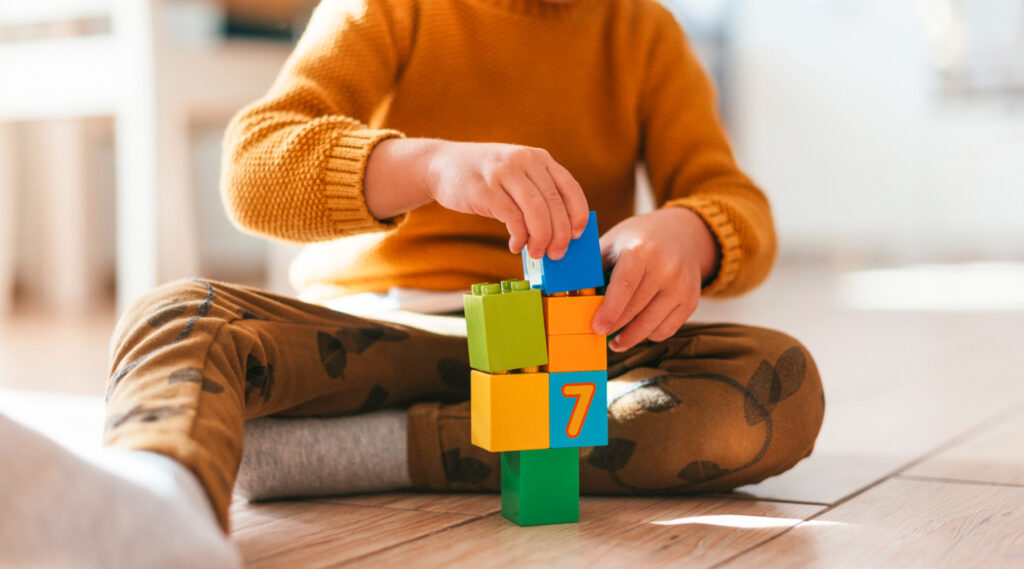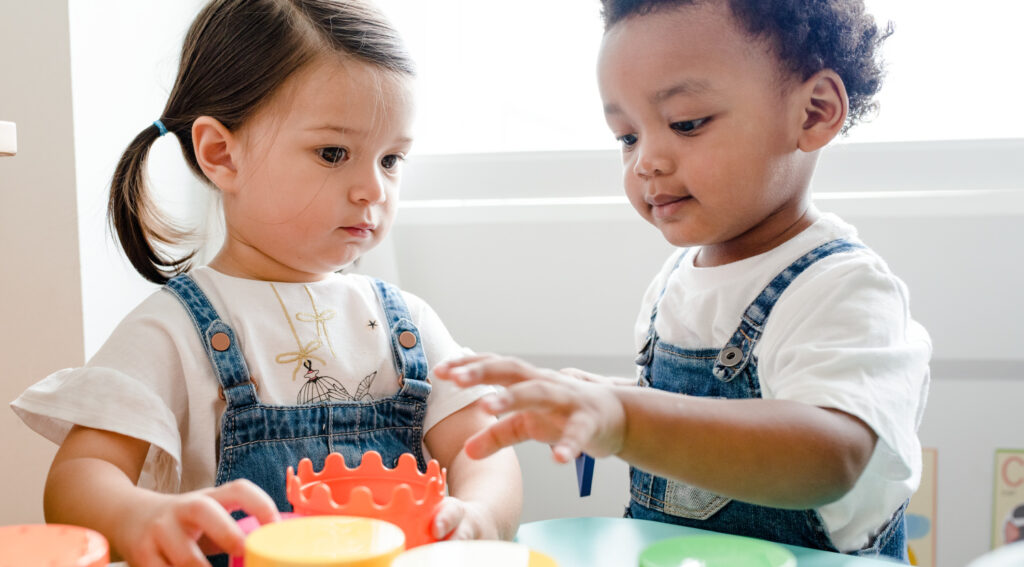In the world of early childhood education, play is a fundamental tool that goes far beyond fun. As parents and educators explore how to enrich children’s learning experience, it’s becoming clear that play endure a crucial role in the cognitive, emotional and social development of young children. Therefore, we will explore the importance of learning through play and how this methodology is shaking up the way children acquire fundamental skills and knowledge.
Play is the main activity in childhood. For children, playing is not only fun, but also it is a natural way of learning and development. While the little ones are engaged in plays, inventive activities and interactive experiences, they are acquiring a variety of abilities and essential understandings that set up the basis for their future growth and knowledge:
- Encourage their social and emotional work: children learn through play how to interact with others, solve conflicts, practice empathy and understand social dynamics. Playing with other children allows them to develop communication and cooperation, which is essential to build healthy and social relationships in everyday life.
- Motivate cognitive development: by playing board games, puzzles or problem solving activities, children are improving their critical thinking and problem resolution; also, the play encourage creativity and imagination, by allowing them to experiment with new ideas and scenarios.
- Improves motor coordination: physical activity is also an essential component of play. Through outdoor play and sports activities, children are developing physical skills, improving their balance and coordination, and promoting an active and healthy lifestyle.
Play is a natural way of learning, and children can learn mathematical, linguistic and science concepts while they play. Whether solving math problems board games, exploring new words through stories, or experimenting with scientific concepts through simple experiments, play facilitates the absorption of knowledge in an engaging and meaningful way. Play is a lot more than fun; it is a powerful tool for children’s learning and development.

Here are 5 activities you can do at home to promote learning through play:
- Scavenger hunt: create a list of common items in your home or garden and challenge your children to find them. This activity encourages observation, object recognition and problem solving.
- The alphabet of objects: you can play at home or while taking a walk. Ask your children to find objects that begin with each letter of the alphabet. This activity promotes letter recognition and vocabulary.
- Simon says: a classic game that improves attention and memory. A member of the family acts as “Simon” and gives orders to others. The participants must follow the orders just if they start with “Simon says. For example, “Simon says, touch your nose”.
- Storytellers: choose a book and read outloud. Afterwards, you can ask them to tell the story their way. This encourages creativity and learning comprehension.
- Art with nature: go for a walk in nature and collect leaves, sticks, rocks, etc. Then use these materials to create artwork at home. This activity stimulates creativity and appreciation of nature.





